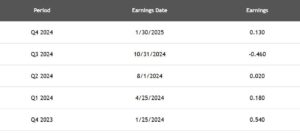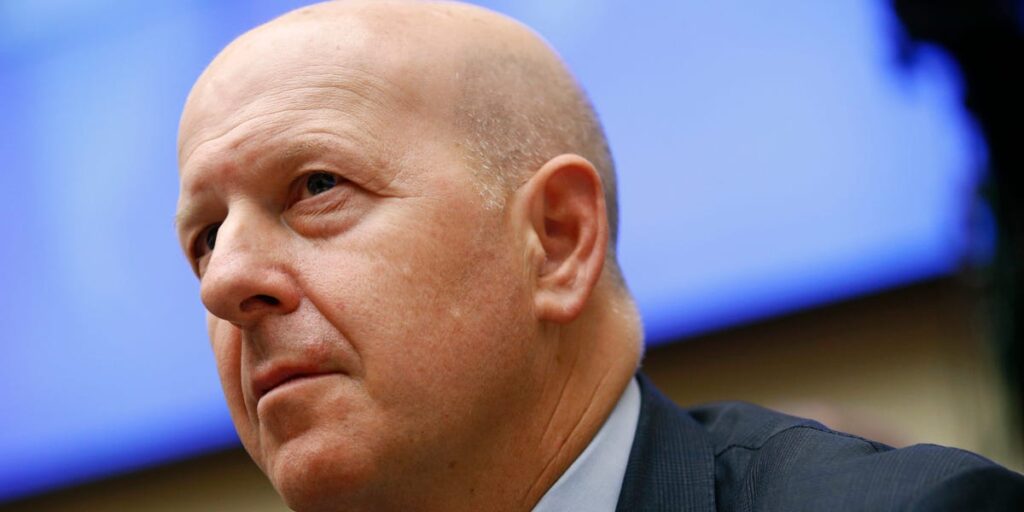Goldman Sachs reported robust earnings for the first quarter of 2025, and while they beat analyst expectations, they also portrayed a “Tale of Two Cities”-type picture.
Political uncertainty and a frenzy in global markets lifted the performance of businesses like trading, while leaving others, like advising on corporate dealmaking, hurting.
On Monday, the firm reported net revenue of $15.06 billion during the first quarter of 2025, up about 8.6% from $13.9 billion in the previous quarter, which concluded at the end of 2024; and also up about 6% from the quarter a year ago.
“Our strong results this quarter have demonstrated that in times of great uncertainty, clients turn to Goldman Sachs for execution and insight,” CEO David Solomon said about the results in an accompanying statement. “While we are entering the second quarter with a markedly different operating environment than earlier this year, we remain confident in our ability to support our clients.”
Goldman cited increased net revenue in its global banking and markets division — which encompasses both trading and investment banking — for its higher performance, while noting that results were “partially offset” by softer performance in its asset and wealth management business.
In global banking and markets, Goldman reported net revenue of $10.71 billion in the first quarter, 10% higher than the previous quarter and up 26% versus the same period last year. The big driver for the firm’s success were record net revenue in equities. Equities trading revenue was $4.19 billion, up 27% from the first quarter last year.
Investment banking faces headwinds
A Goldman executive said in a phone briefing with reporters on Monday morning that the firm believed that uncertainty may have affected the dealmaking environment adversely, but said the bank’s backlog of deals was up.
Overall investment banking fees were $1.91 billion, down 8% from the first quarter of 2024, citing softer performance in advisory.
Investment banking advisory revenue dropped 22% from the same period last year, amounting to $792 billion this quarter. That’s also down 18% from the nearly $1 billion Goldman brought in in the prior quarter. The bank successfully defended its leading position on the M&A league tables.
In the firm’s asset and wealth management business, assets under supervision swelled to a record $3.17 trillion, increasing by $36 billion during the first quarter of the year. The expansive division brought in $725 million in private banking and lending fees, part of a total AWM revenue of $3.68 billion in the quarter.
Since the start of the year, Wall Street has been strapped in for a bumpy ride as it has tried to make heads or tails of convulsive policy changes from Washington while keeping client sentiment calm. The opening weeks of President Donald Trump’s second term — beset by shifting policy announcements tied to tariffs and renegotiations with foreign trading partners, and uncertainty stemming from activities like gutting some government agencies — have arrested some of the momentum Wall Street hoped his return to power would unleash, and unleashed turmoil across global indices.
The anxiety has left some private equity sponsors tepid about deploying capital for the time being, and some investors remain jittery about equities. Solomon and Denis Coleman, the firm’s chief financial officer, are expected to field questions about the political landscape and impact of Trump’s tariff uproar later on Monday in a call with shareholders and analysts.
Reed Alexander is a Wall Street correspondent at Business Insider. He can be reached via email at [email protected], or SMSthe encrypted app Signal at (561) 247-5758.
Read the full article here
















